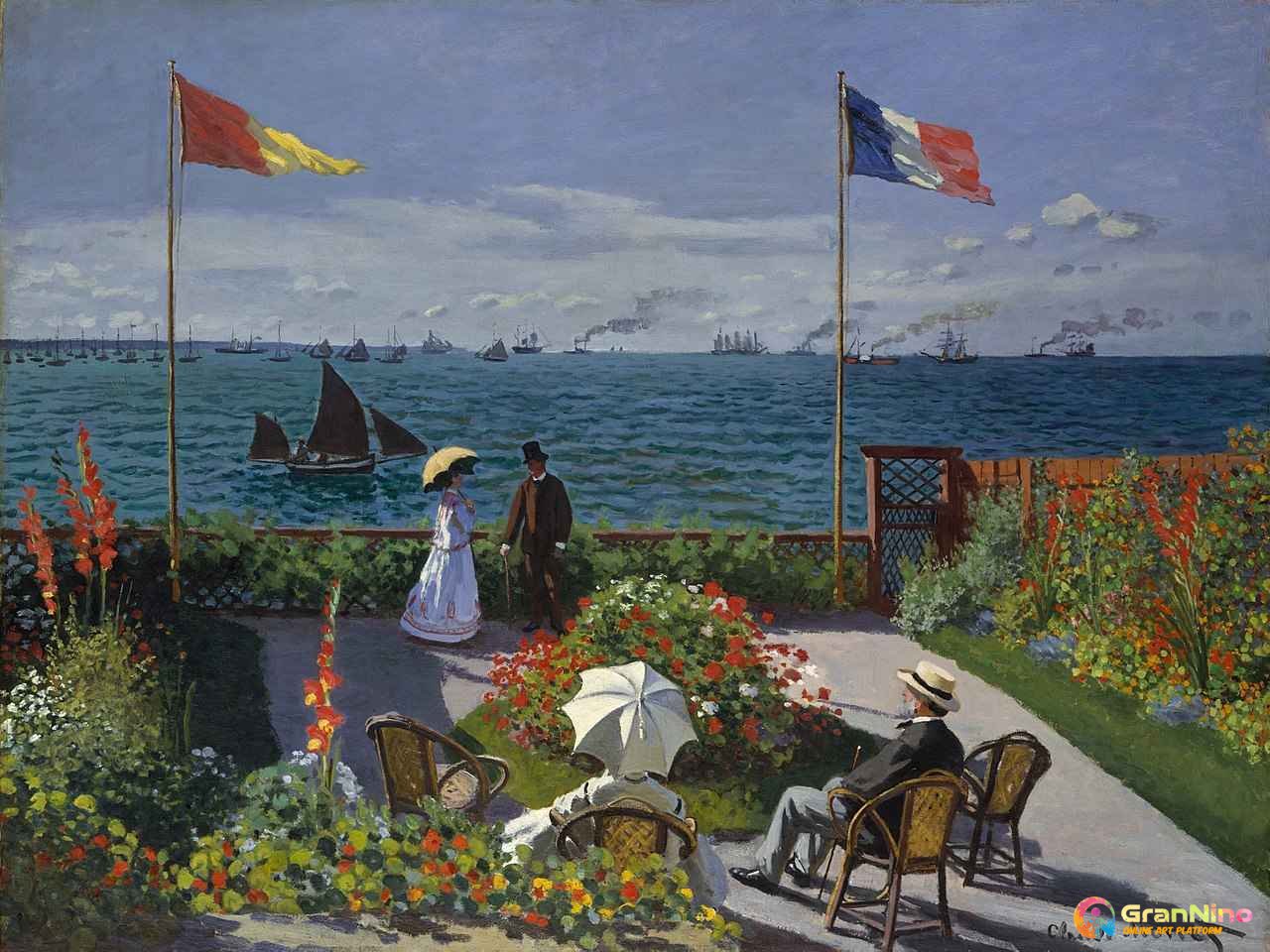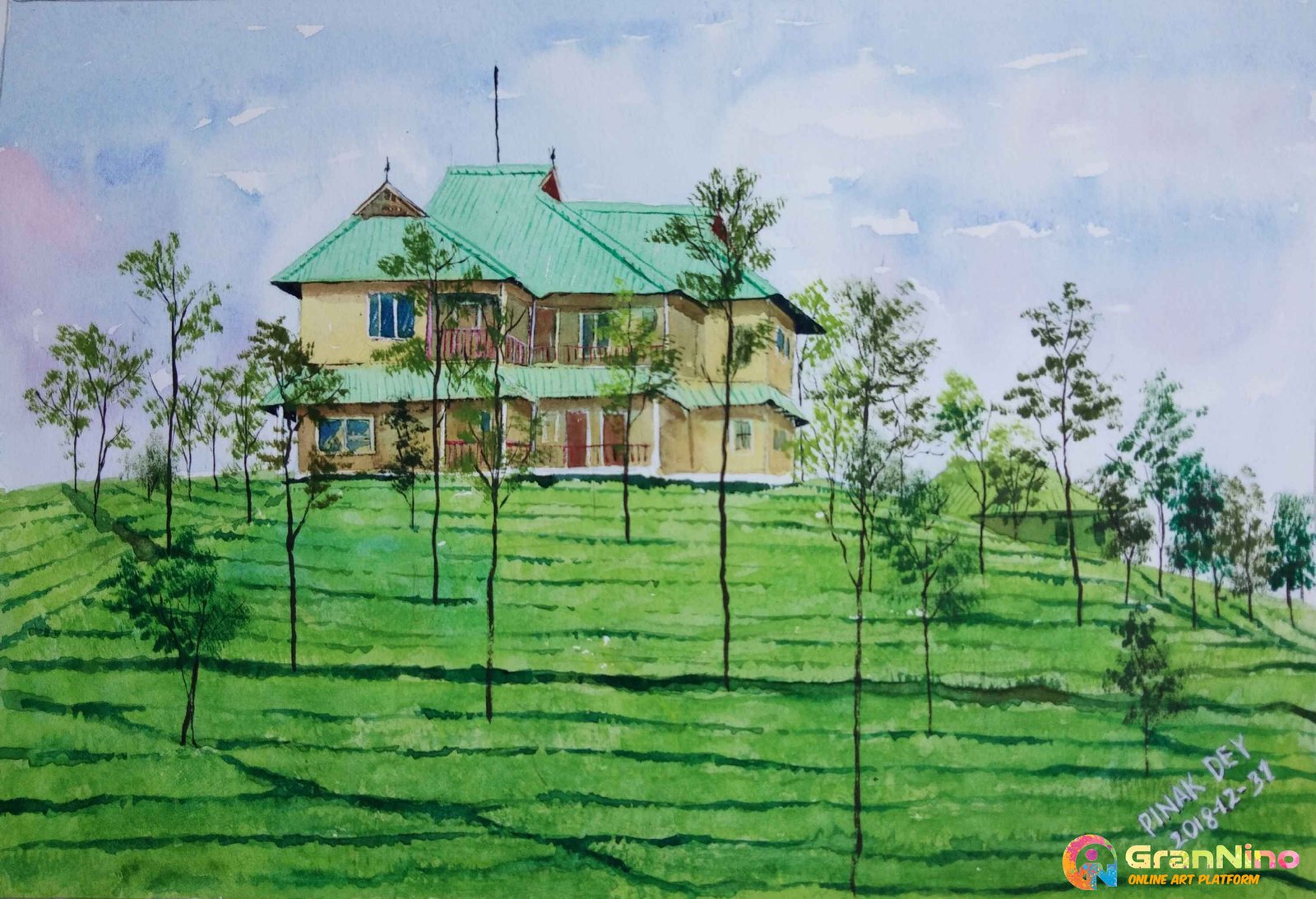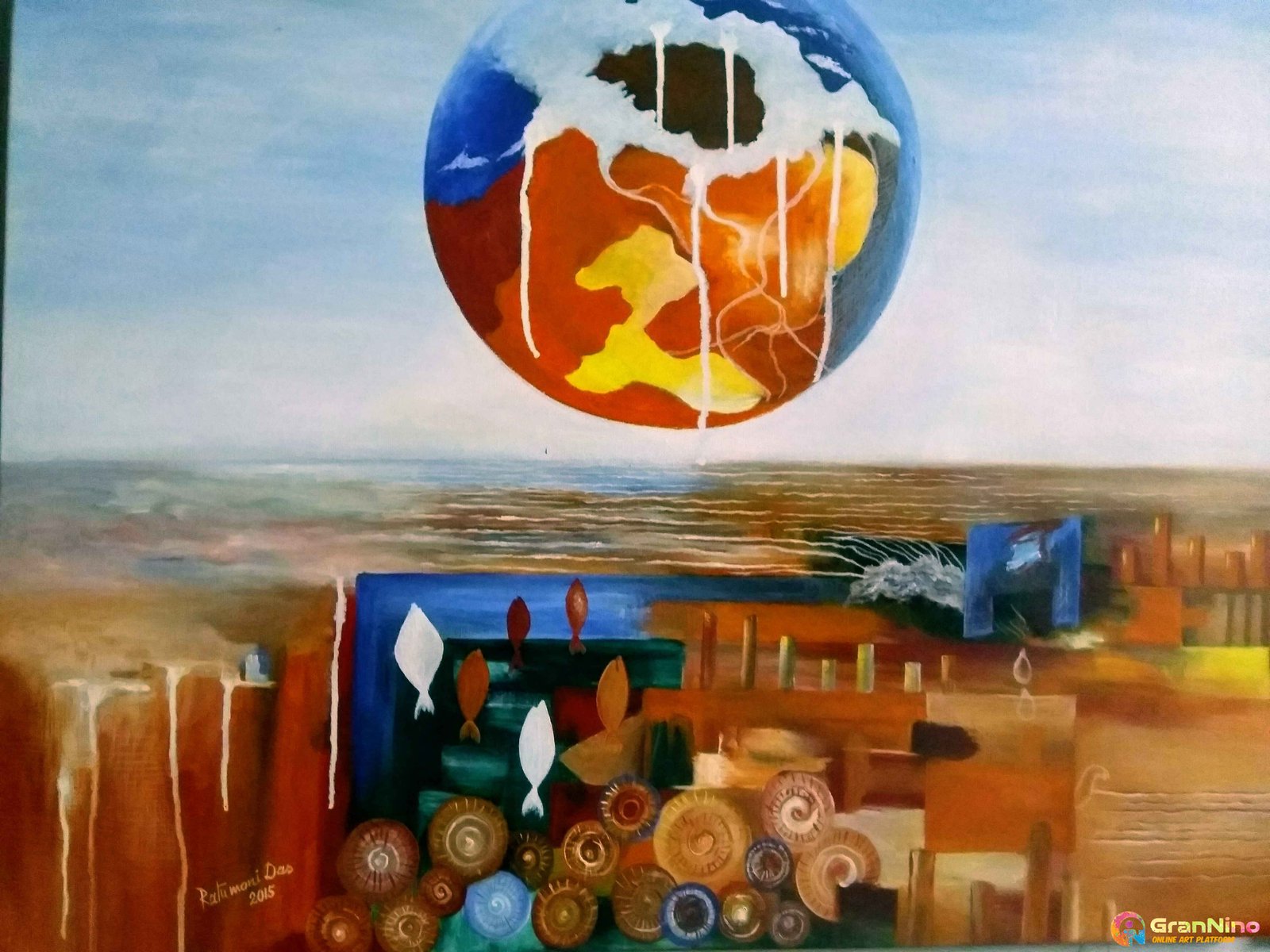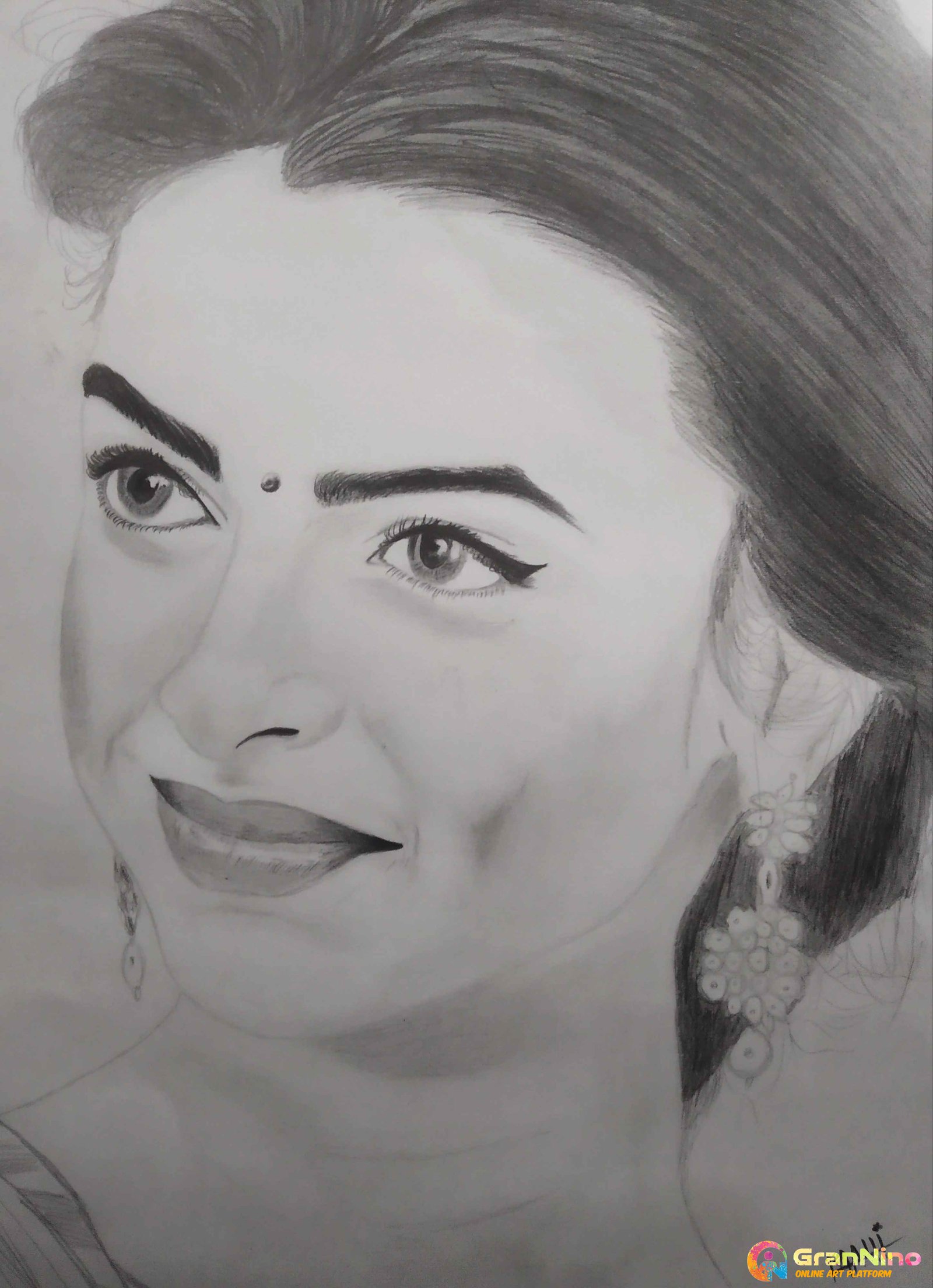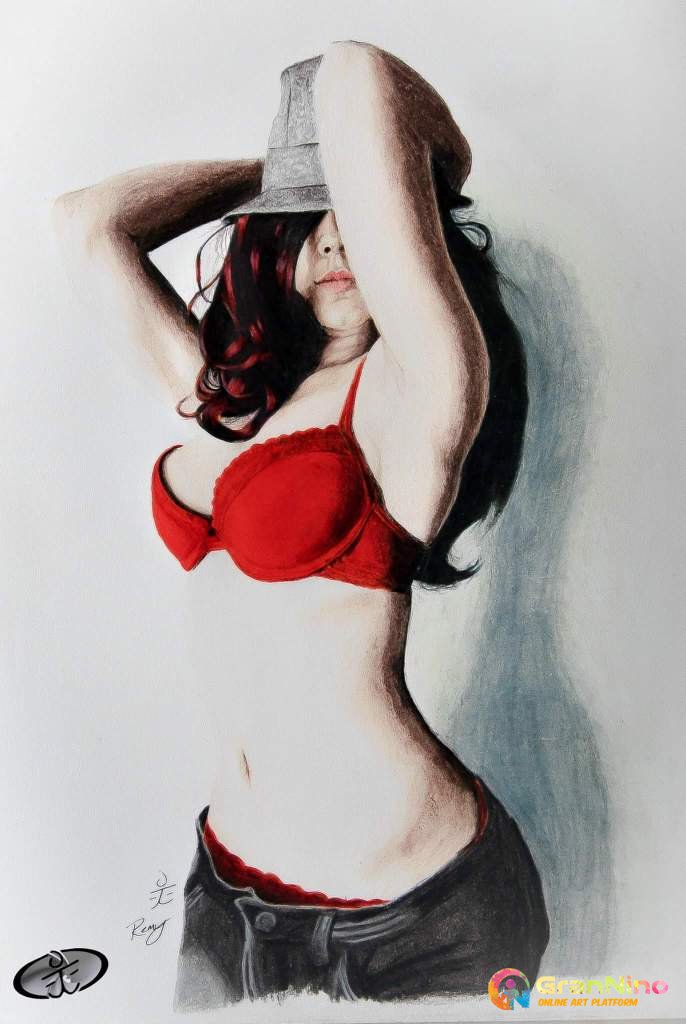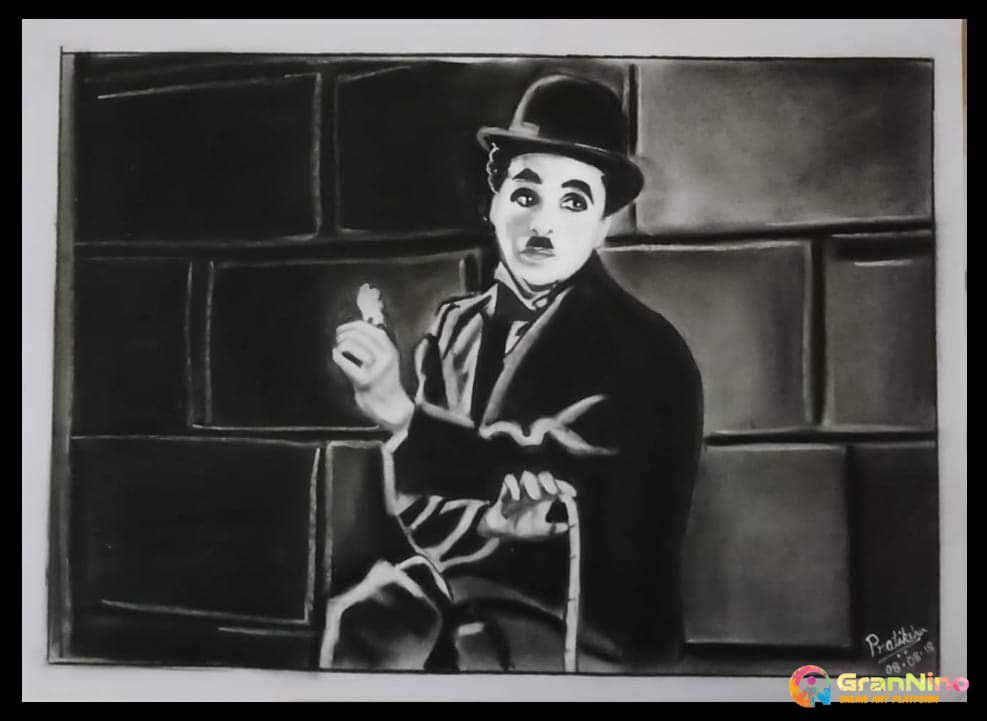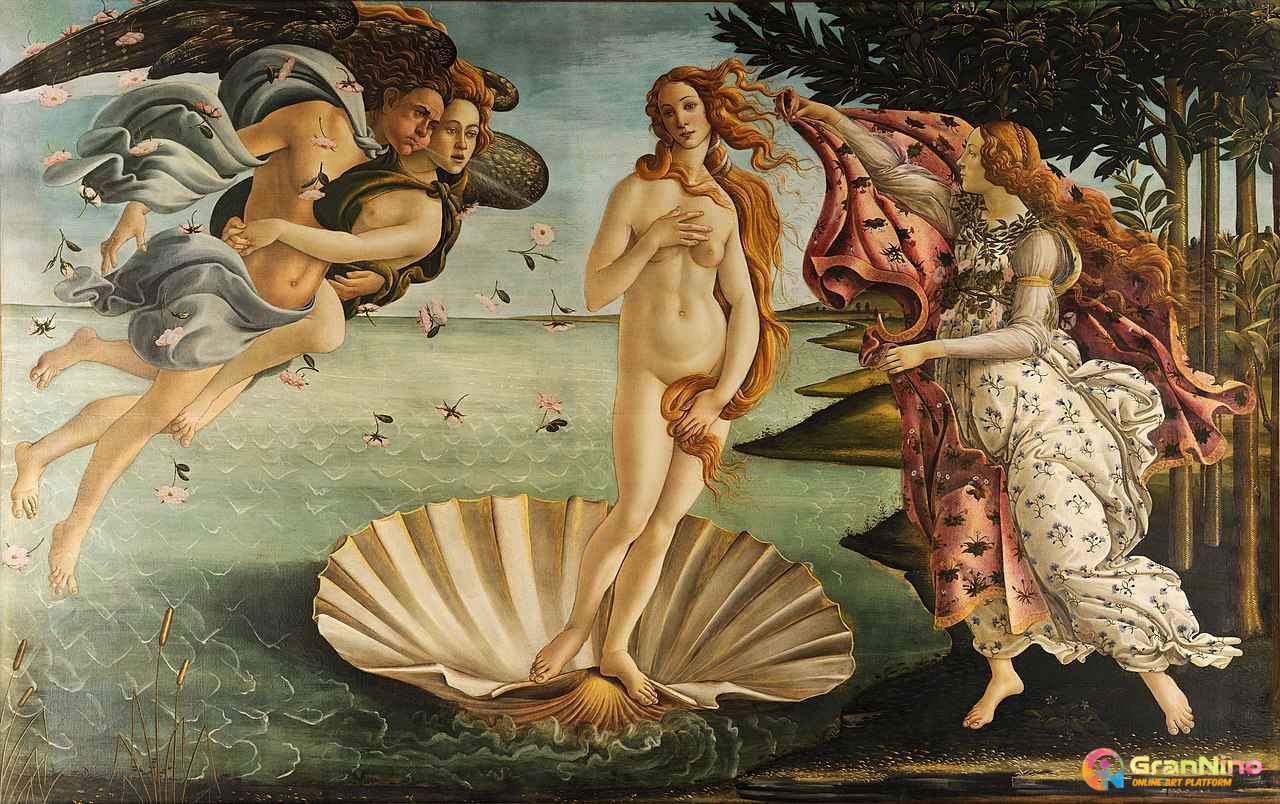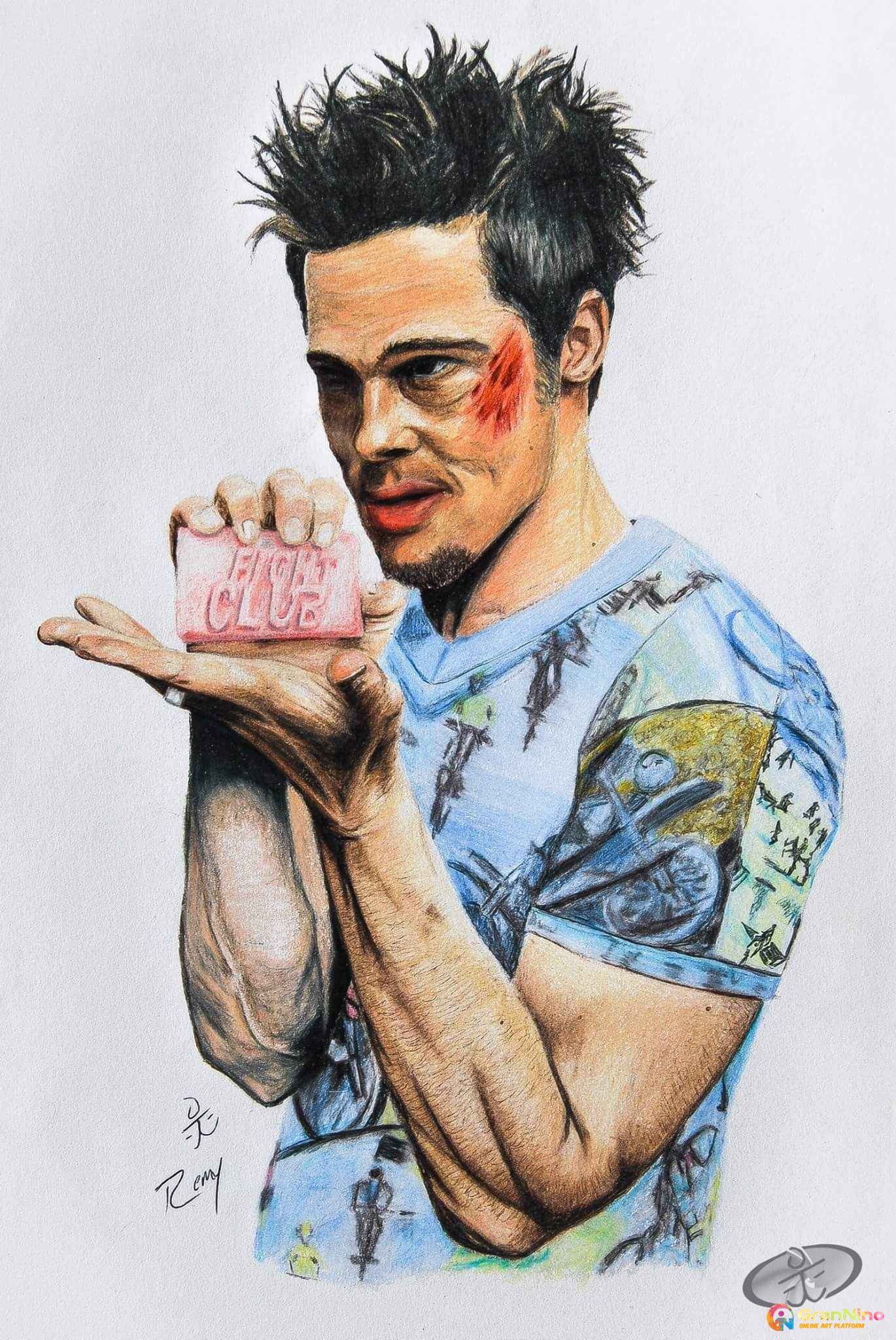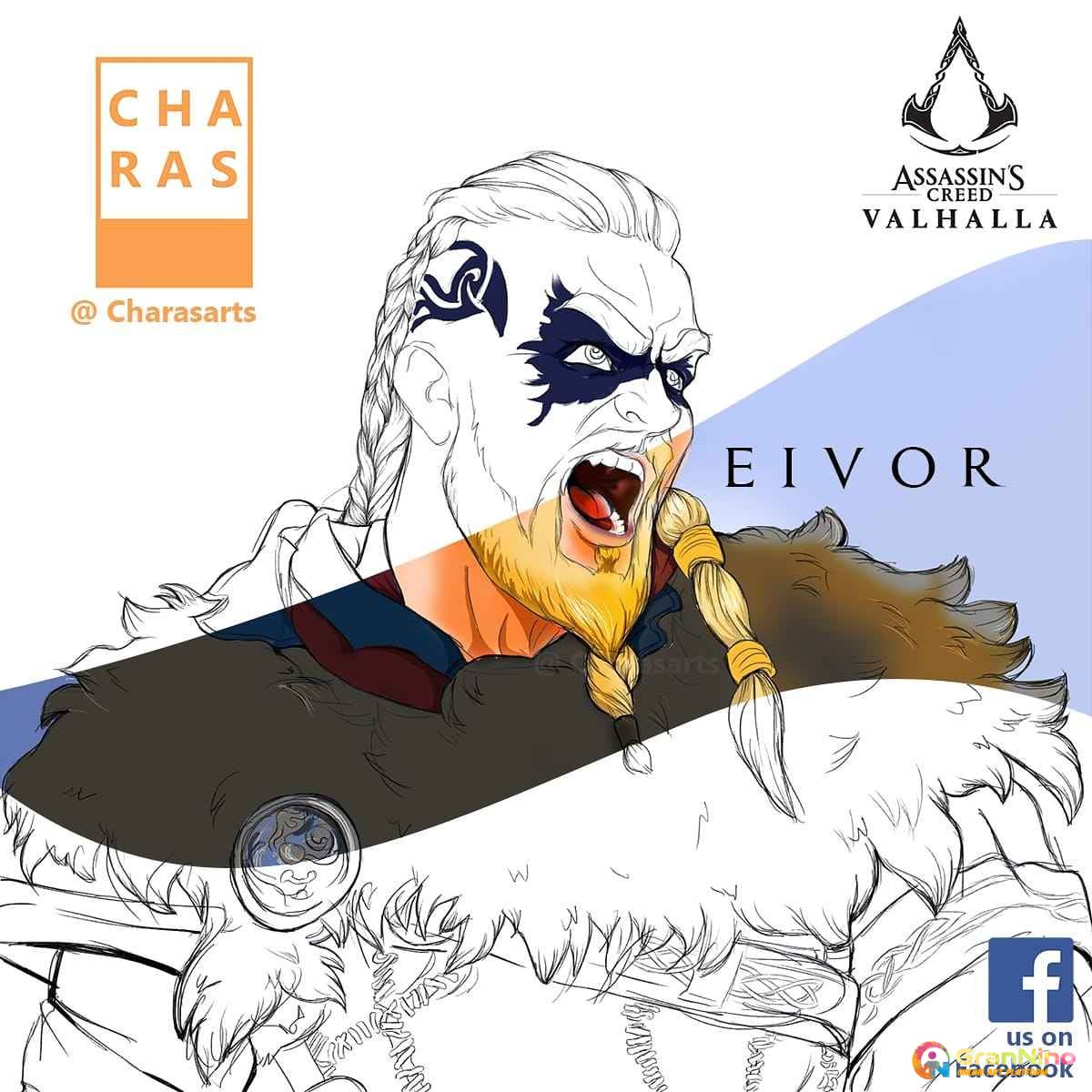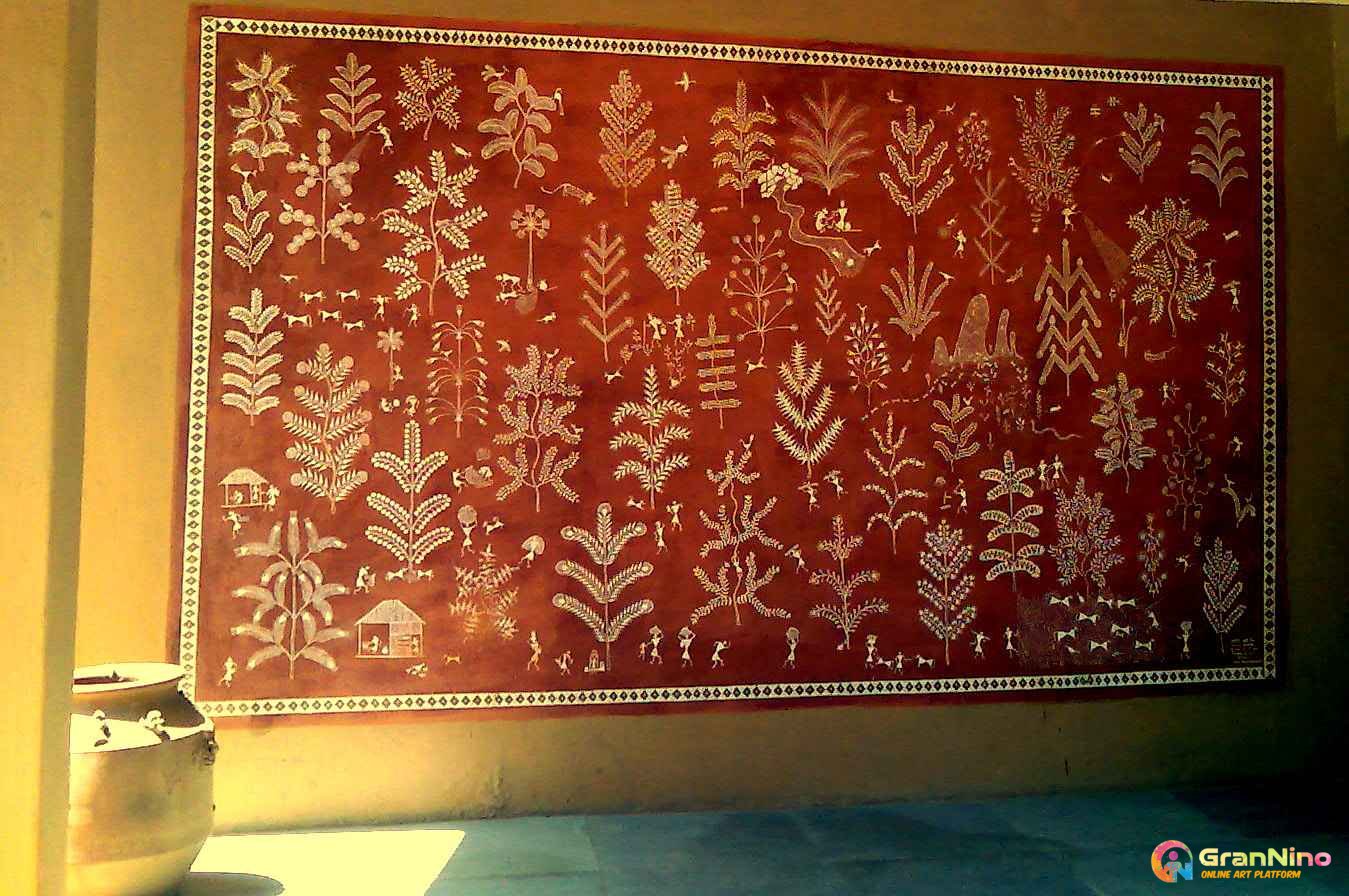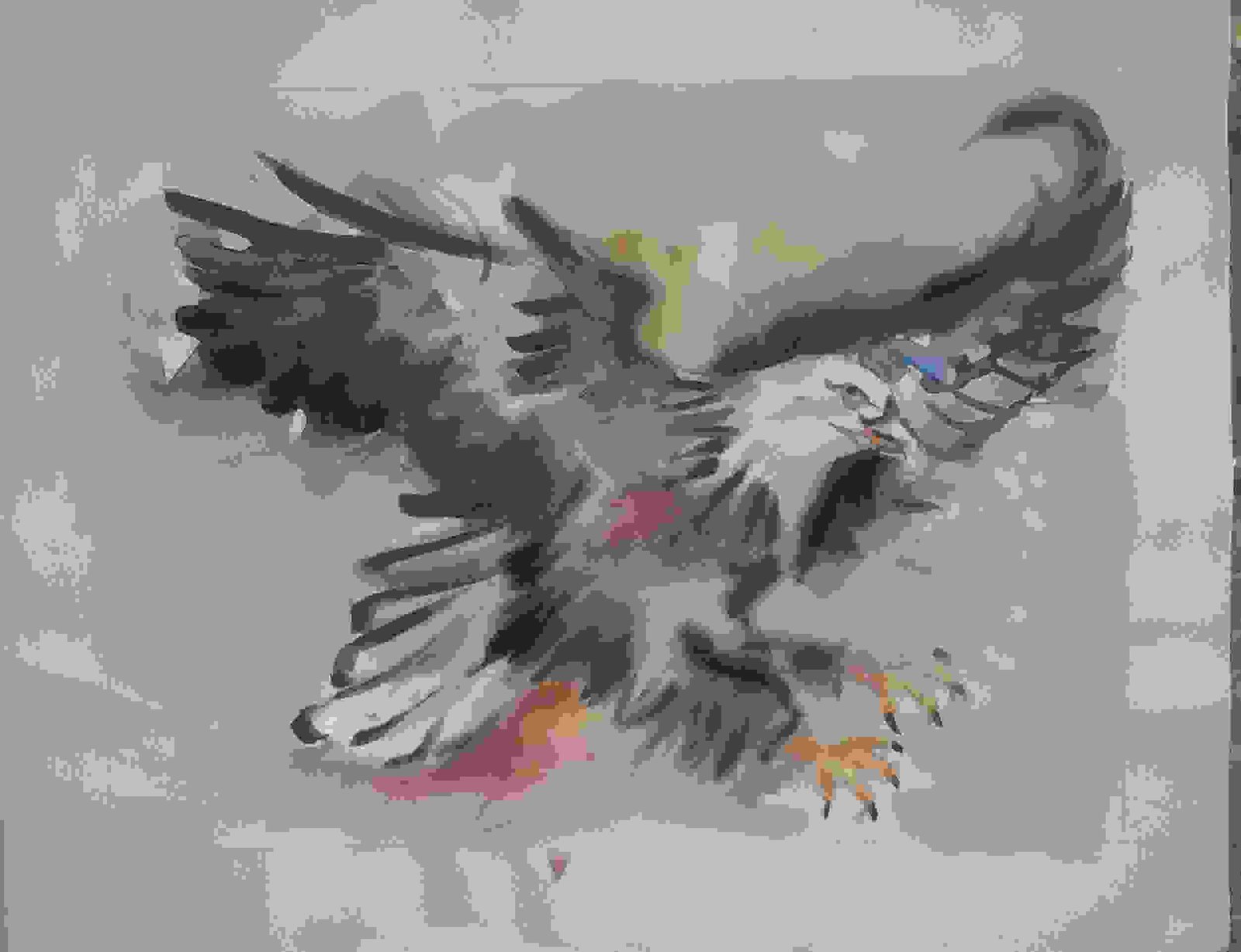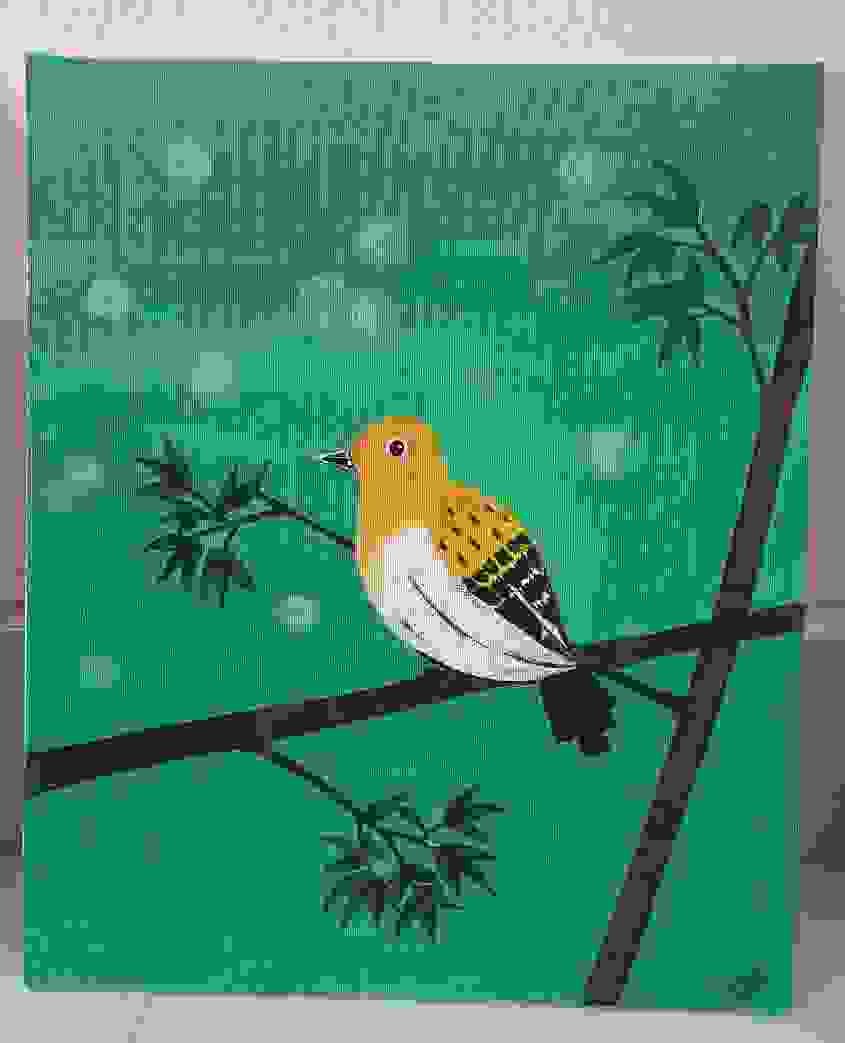Difference Between Oil Paint and Watercolor
Oil paint was invented long ago. Oil paints were first used in Asia as early as the 7th century AD. The oldest known oil paintings are Buddhist murals created almost at 650 AD. The paintings are created by walnut and poppy seed oils. The paintings are located in cave-like rooms carved from the cliffs of Bamiyan Valley of Afghanistan. Later it was used by most famous artists like Vincent Van Gogh, Leonardo da Vinci, Pablo Picasso.
On the other hand, Watercolor is a quick drying and water soluble painting media. It is made up of pigments and binders that are water soluble. It is also called aquarellum atramento. Watercolor is a popular painting method to produces beautiful artworks.
Watercolor paintings are very ancient, probably originating from Europe's Paleolithic Age. Its history as an artistic medium, on the other hand, stretches back to the Renaissance, almost at 15th century. Albrecht Dürer, a Northern German Renaissance painter known for his stunning watercolors of flowers, animals, and landscapes, is widely regarded as one of the founding fathers of watercolor painting. Hans Bol founded an influential watercolor painting school in Germany during the Dürer Renaissance.
On the contrary, Watercolor paints are made up of four major ingredients such as glycerin, bovine bile, honey, and preservatives to vary the viscosity, concealing power, stability, or color of the pigment carrier mixture; and evaporating water as a solvent used to reduce thickness of the paint before to application. Any painting media that employs water as a solvent and may be applied with a brush,pen,or spray is referred to as "aqueous medium." Most inks, watercolor, casein, gouache, and contemporary oils fall under this category.
But, Watercolors can be used by artists to produce one-of-a-kind paintings that creatively express the imagination. One of the most appealing features of watercolor is the ability to achieve transparency and shine in the painting by just adding layers.But in general, watercolors is thought to be a little bit harder than oil paint because of its quick drying capabilities, which gives the artist less time to easily make modifications or corrections.
In opposition, Watercolors are often mainly used indoors because they are neither water resistant nor waterproof. However, adding varnish can perhaps increase the color's water resistance.
Although, Watercolor paper is the most common and traditional carrier medium (the surface on which the paint is applied) for watercolors. Papyrus, bark, plastic, parchment, leather, fabric, wood, and watercolor canvas (coated with gesso specially developed for watercolors) are some of the other supportive mediums for watercolor paintings.
Instead, Tube and pan watercolors are the two types of commercial watercolors available today. Because they are already blended with specific water elements, most paints offered now come in typical, collapsible metal tubes and have a viscosity comparable to toothpaste. This paste must be diluted with water before use. Pan paint comes in two sizes: entire pans and half pans. Watercolor is mixed with water in various proportions to increase or decrease color saturation and density.
Yet, When watercolor paint comes into contact with skin, it is generally considered safe. But, if you have sensitive skin or are allergic to certain chemicals, you may experience irritation or rashes. If this is the case, always read the ingredients before purchasing any watercolor paints. Similarly the watercolor uses synthetic binders and so almost all watercolors are vegan friendly.
Article Details
Publish Date: 12/12/2021
Related Tags:
oil oil paint oil painting ideas oil for beginner oil painting ideas watercolor latex painting watercolor painting idea latex color painting
Advertise Here Contact us

SUBSCRIBE TO OUR NEWSLETTER
Most Asked Questions:
- Q. How history is influenced by Oil Painting ?
- Answer: Oil painting is the most preferred painting style and practiced by most artists around the world. Oil paint was invented long ago. Oil paints were fi....Read More
- Q. What is used to make Oil Painting?
- Answer: The oil paint is made by mixing color pigments with drying oils like poppy seed oil, walnut oil, linseed oil, safflower oil etc. The viscosity of the ...Read More
- Q. How is the popularity of Oil Painting among Artists ?
- Answer: Oil paint allows the artist to achieve a broad range of opacity and intensity in their work. It lets you to layer multiple colours and blend them toge...Learn More
- Q. Where can I buy Oil Painting (on Canvas) without commission?
- Answer: If you are looking for best Oil Painting for commission free purchase, you can check here.
- Q. How to sell Oil Painting online?
- Answer: If you are looking for best place to exhibit and selling Oil Painting , you can try GranNino. GranNino provides free art exhibition and commission free art selling.
